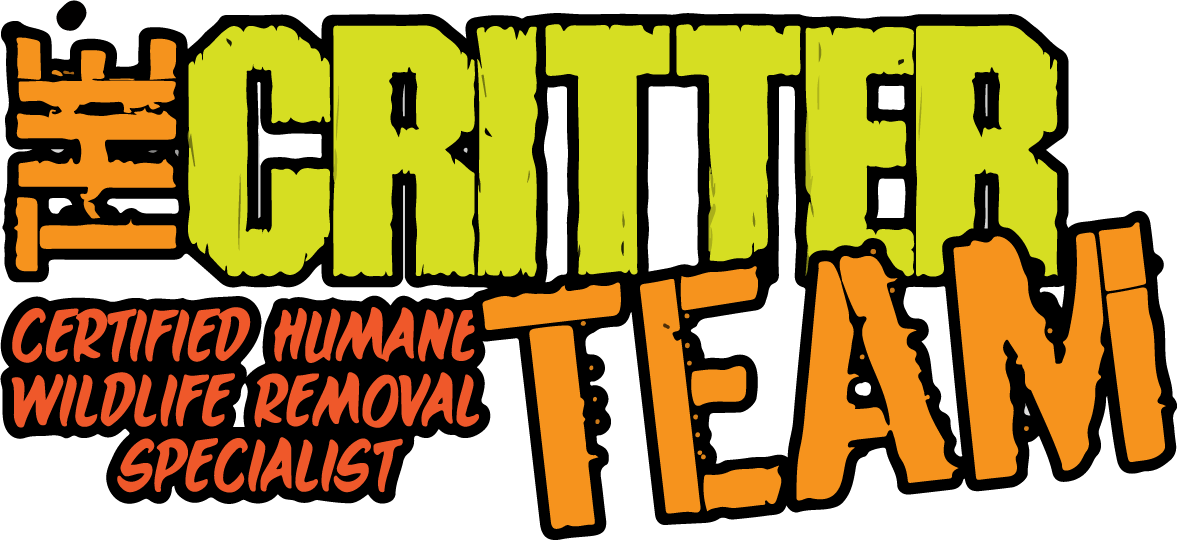Wildlife-related diseases pose a significant threat to pets in Texas, making it crucial for pet owners to be aware of these potential risks. One such disease is rabies, which is prevalent among wildlife, particularly raccoons, skunks, and bats. Rabies is a viral infection that attacks the central nervous system and is fatal if left untreated. Another concerning disease is leptospirosis, caused by bacteria found in the urine of infected animals such as rodents, raccoons, and deer. Leptospirosis can be transmitted to pets through contaminated water or soil, leading to severe kidney and liver damage. Additionally, tick-borne diseases like Lyme disease and Ehrlichiosis are prevalent in Texas due to the abundance of wildlife hosts like deer and rodents. These diseases can cause a range of symptoms in pets, including fever, joint pain, and fatigue. By understanding the risks associated with wildlife-related diseases, Texas pet owners can take necessary precautions to protect their beloved companions.
Understanding Wildlife Related Diseases that Pet Owners in Texas Should Know
1. Rabies: A Serious Threat
Rabies is a highly contagious viral disease that affects both animals and humans. In Texas, where wildlife encounters are common, pet owners need to be aware of the risks associated with this disease. Rabies is primarily transmitted through bites or scratches from infected animals, such as raccoons, skunks, bats, and foxes. It is crucial to vaccinate your pets against rabies to protect them from this deadly disease. Additionally, avoid letting your pets roam freely and minimize their interactions with wild animals.
2. Leptospirosis: A Silent Danger
Leptospirosis is a bacterial infection that can be transmitted to pets through contact with contaminated water or urine from infected wildlife. Rats, raccoons, opossums, and other wild animals can carry the Leptospira bacteria. In Texas, where water sources are abundant, the risk of exposure to this disease is higher. Vaccination is available to protect dogs against Leptospirosis, but it is important to consult with your veterinarian to determine if your pet requires this vaccine based on their lifestyle and environment.
3. Canine Distemper: Widespread and Dangerous
Canine distemper is a highly contagious viral disease that affects dogs, as well as other wildlife species. It can be transmitted through direct contact with infected animals or their bodily fluids. Texas is home to various wildlife species that can carry and spread the distemper virus, such as raccoons, foxes, and coyotes. Vaccination is the most effective way to protect your dog from distemper. Keep your pets away from wildlife, especially those exhibiting unusual behavior or physical symptoms.
4. Fleas and Ticks: More than Just a Nuisance
Fleas and ticks are common parasites that can infest both pets and wildlife. These pests not only cause discomfort but also transmit various diseases, such as Lyme disease and Rocky Mountain spotted fever. Texas, with its warm climate and diverse wildlife, provides an ideal habitat for these parasites. Regularly check your pets for fleas and ticks, and use appropriate preventive measures recommended by your veterinarian. Keep your surroundings clean to minimize the risk of infestation.
5. Baylisascaris Procyonis: A Hidden Threat
Baylisascaris procyonis is a roundworm commonly found in raccoons. The eggs of this parasite can be present in raccoon feces and pose a significant health risk to pets and humans. Accidental ingestion of these eggs can lead to severe neurological damage. It is crucial to prevent your pets from coming into contact with raccoon feces and to promptly clean up any potential contamination. Keep garbage cans securely closed to discourage raccoons from frequenting your property.
6. Salmonella: A Concern for Reptile Owners
Salmonella bacteria can be found in the intestinal tracts of reptiles, including turtles, lizards, and snakes. Handling these animals or their habitats without proper hygiene practices can lead to Salmonella infection. This bacterial illness can affect both pets and humans, causing symptoms like diarrhea, fever, and abdominal pain. If you own reptiles as pets, always wash your hands thoroughly after handling them, and avoid allowing them to roam freely in areas where food is prepared or consumed.
7. Ehrlichiosis: Tick-Borne Disease
Ehrlichiosis is a tick-borne disease that affects dogs and occasionally humans. In Texas, where ticks are prevalent, the risk of exposure to this disease is higher. Symptoms may include fever, lethargy, loss of appetite, and joint pain. Regularly check your pets for ticks and consult with your veterinarian about appropriate preventive measures, including tick control products and vaccination if available.
8. Histoplasmosis: A Fungal Infection
Histoplasmosis is a fungal infection that primarily affects the respiratory system. It is caused by inhaling spores present in bird droppings or soil contaminated with bat guano. Texas is home to various bird species and bat colonies, making it important for pet owners to be aware of this potential health risk. Limit your pet’s exposure to areas with large bird populations or bat roosting sites, especially if they have weakened immune systems.
Remember, as a responsible pet owner in Texas, staying informed about wildlife-related diseases is crucial for the well-being of your furry friends. Regular veterinary check-ups, vaccinations, and preventive measures are key to ensuring their safety.
Assistance with Wildlife Control and Animal Removal
If you find yourself facing a wildlife issue on your property, The Critter Team is here to help. Our team of professional wildlife control operators has the knowledge and expertise to handle a wide range of wildlife problems. Whether you’re dealing with bats in your attic, raccoons in your garbage, or squirrels in your chimney, we have the experience to safely and effectively remove these animals from your premises. Our goal is to provide you with a prompt and reliable service, ensuring the well-being of both you and the wildlife involved. To get in touch with our team, please give us a call at (281) 667-0171. We understand the urgency of wildlife situations and are available to assist you as quickly as possible. Don’t let wildlife become a nuisance in your life – let The Critter Team take care of it for you.
